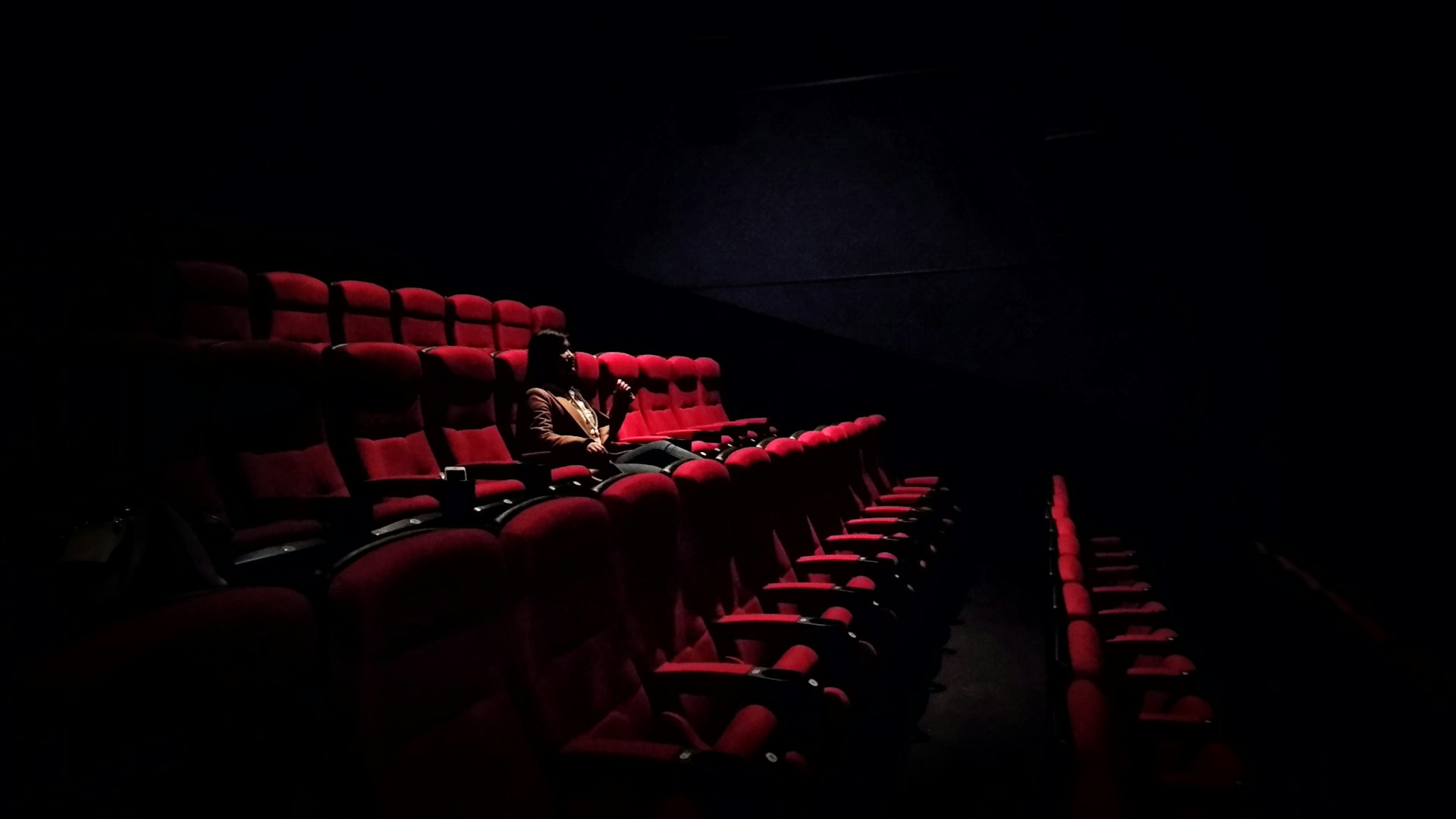Director Yeon Sang-ho’s latest film, ‘The Face’, has become a surprise box office sensation, securing the top spot in its second weekend. Produced on a shoestring budget of just £106,000, the film has already grossed nearly £4 million, marking a phenomenal return on investment and demonstrating the power of compelling storytelling over high-cost production.
A Surprise Box Office Victory
According to figures released by the Korean Film Council on the 22nd, ‘The Face’ drew 254,827 viewers between the 19th and 21st, pushing its cumulative audience total to 722,720. After opening at number one, the film was briefly overtaken by the Japanese anime feature ‘Demon Slayer: Mugen Castle Arc’. However, driven by strong word-of-mouth, it reclaimed the top position last week and has held it for six consecutive days. Meanwhile, ‘Demon Slayer’ remains a formidable competitor, adding over 212,000 viewers to reach a total of 4.8 million, putting it on track to cross the 5 million viewer milestone by the end of the month.
Unravelling a 40-Year-Old Mystery
‘The Face’, from the acclaimed director of ‘Train to Busan’ (2016) and the ‘Hellbound’ series (2021-2024), tells the story of Im Young-gyu, a master seal engraver who has lost his sight, and his son, Im Dong-hwan. Their lives are upended when they are confronted with the skeletal remains of their wife and mother, Jung Young-hee, who vanished forty years earlier. As the son arranges his mother’s funeral, cryptic comments from aunts he has never met before spark a journey to uncover the truth of her past, revealing a web of long-buried secrets. The film features a powerful performance from Park Jung-min, who plays both the son and the younger version of the father, alongside a strong supporting cast including Kwon Hae-hyo, Shin Hyun-bin, and Im Sung-jae.
From Graphic Novel to a “Miracle” Production
The film’s journey to the screen was far from conventional. Director Yeon revealed that he initially struggled to secure funding for the script, as investors deemed it too difficult to visualise. Undeterred, he first created ‘The Face’ as a graphic novel in 2018. “Years later, I began to think, ‘Couldn’t we just make this, even without much money?’ and that’s how it finally came to be,” Yeon explained. The production was remarkably efficient, completed with a budget of £106,000 over just 13 shooting sessions—a fraction of the 50-80 sessions typical for a commercial film. The project’s financial success was further enabled by lead actor Park Jung-min, who participated without a fee. As a result, the film broke even within just two days of its release.
A Director’s Uncompromising Vision
Yeon Sang-ho attributes the film’s success to his focus on creating something genuinely engaging. “I spent a lot of time thinking about what makes a film fun,” he said. “I see my child engrossed in YouTube, and I understand that high production quality isn’t everything. If it’s entertaining, people will watch.” He expressed a belief that the modern entertainment landscape is driven by dedicated fanbases, which are cultivated by unique and challenging content. “Investors and distributors often suggest smoothing the edges to reduce controversy,” Yeon noted, “but I find that uninteresting. Culture now revolves around fandoms, and fandoms are born from content with a sharp point of view. You need those rough edges to create a meaningful message.”
Beneath the Surface: A Deeper Analysis
Despite its commercial success, ‘The Face’ has been described by some as merely an “interesting attempt” by its director. However, the film’s narrative depth and thematic resonance are considered by many to be among Yeon’s finest work. The ending, in particular, masterfully encapsulates its core message, inviting thoughtful interpretation from the audience.
An early scene provides a crucial clue. During an interview with a documentary producer, the master engraver, Young-gyu, is asked about the hardships of raising his son alone. He wryly compares his situation to that of Sim Hak-gyu from the classic Korean folk tale Simcheongjeon. On the surface, it’s a simple joke connecting two visually impaired fathers. But the reference is unsettling. Sim Hak-gyu is the man whose sight is restored through the tragic sacrifice of his own daughter. This casual comparison leaves a lingering question: Is this merely a throwaway line, or is it a deliberate piece of foreshadowing, hinting at the darker theme of sacrifice that lies at the heart of the film’s mystery? The answer, like the film’s many secrets, requires a closer look.


